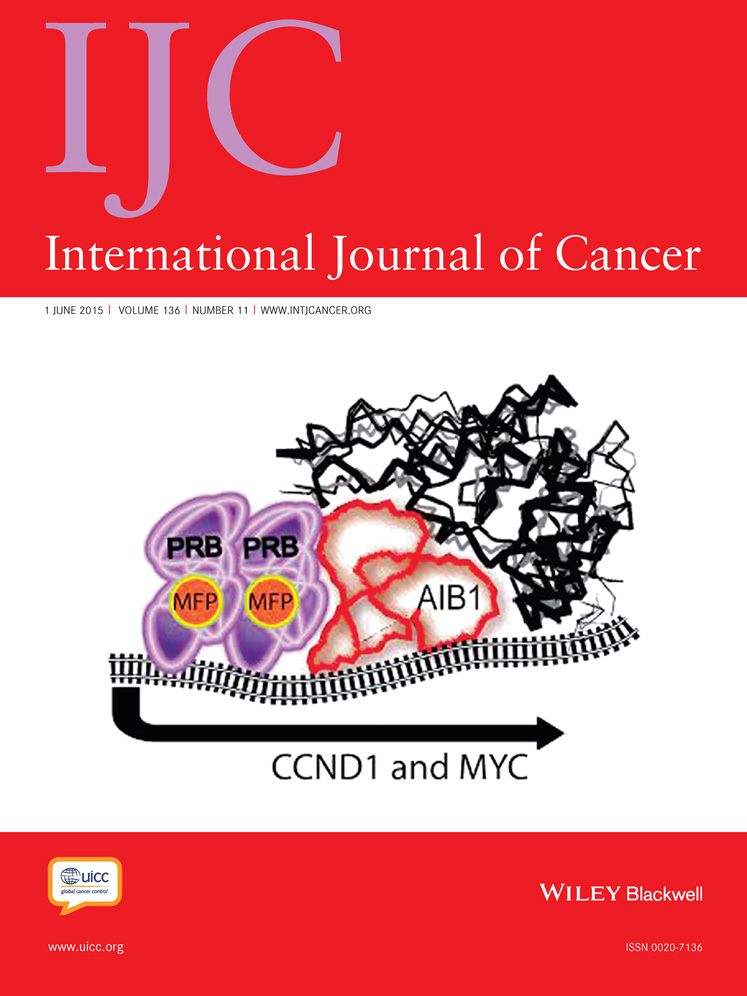The combination of irreversible EGFR TKIs and SAHA induces apoptosis and autophagy-mediated cell death to overcome acquired resistance in EGFR T790M-mutated lung cancer
The authors declare no conflicts of interests.
Abstract
To overcome T790M-mediated acquired resistance of lung cancer cells to epidermal growth factor receptor tyrosine kinase inhibitors (EGFR TKIs), second generation TKIs such as BIBW2992 (afatinib) and third generation TKIs including WZ4002 have been developed. However, clinical data on their efficacy in treating T790M mutant tumors are lacking. Histone deacetylase (HDAC) inhibitors have been reported to arrest cell growth and to lead to differentiation and apoptosis of various cancer cells, both in vitro and in vivo. In the present study, we assessed whether the combination of suberoylanilide hydroxamic acid (SAHA, vorinostat), a potent HDAC inhibitor, and BIBW2992 or WZ4002 could overcome EGFR TKI resistance associated with T790M mutation in lung cancer cells. While treatment with BIBW2992 or WZ4002 alone slightly reduced the viability of PC-9G and H1975 cells, which possess T790M mutation, combining them with SAHA resulted in significantly decreased cell viability through the activation of the apoptotic pathway. This combination also enhanced autophagy occurrence and inhibition of autophagy significantly reduced the apoptosis induced by the combination treatment, showing that autophagy is required for the enhanced apoptosis. Caspase-independent autophagic cell death was also induced by the combination treatment with SAHA and either BIBW2992 or WZ4002. Finally, the combined treatment with SAHA and either BIBW2992 or WZ4002 showed an enhanced anti-tumor effect on xenografts of H1975 cells in vivo. In conclusion, the combination of new generation EGFR TKIs and SAHA may be a new strategy to overcome the acquired resistance to EGFR TKIs in T790M mutant lung cancer.
Abstract
What's new?
One strategy to thwart lung cancer is inhibiting the epidermal growth factor receptor, EGFR. As always, though, some cancer cells develop resistance to this treatment with the help of a mutation, T790M, in the EGFR kinase domain. In this paper, the authors describe a new way to overcome that acquired resistance. Combining next-generation EGFR inhibitors with SAHA, a histone deacetylase inhibitor, boosted cancer cell death by both apoptosis and autophagy; furthermore, the combined treatment slowed tumor growth in xenograft model better than EGFR inhibitors alone.




